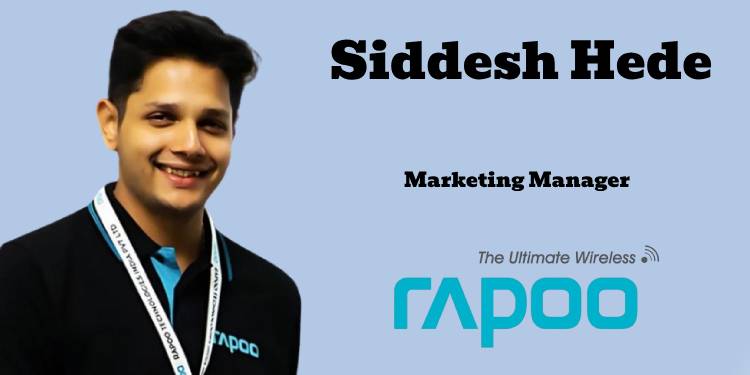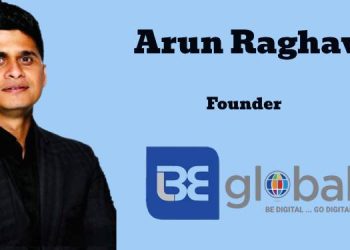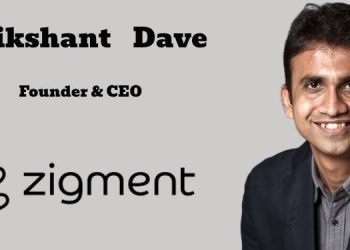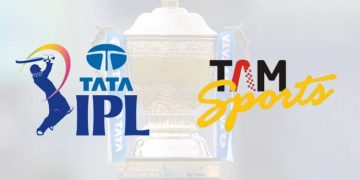IPL has become more than just a sporting event, it’s now a full-blown marketing spectacle. It provides brands with a massive opportunity for visibility, engagement, and cultural relevance. But as everything else does, marketing strategies are evolving too and ROI is becoming king because of which there is now a shift in brands moving towards performance-based sponsorship models.
Earlier, IPL sponsorships were largely driven by top-of-mind visibility. Be it, branding on jerseys, digital banners or TV commercials. While this approach is guaranteeing the brand eyeballs, it didn’t always translate into sales or measurable business outcomes. In a time where every marketing penny is scrutinized, passive visibility just isn’t enough.
This is where performance-based models flip the script.
Today, brands want real-time metrics, integrated commerce opportunities and outcomes like downloads, product trials and purchases. With the introduction of adtech tools, it’s easy to track user behaviour across platforms to access how the conversion is taking place and is it actually benefitting the brand? The shift is from passive to active and from branding to outcome-based investment.
What do performance-based models look like?
We have to look beyond just logos and hoardings. Performance-based sponsorships include a variety of models:
• Pay-per-click or conversion campaigns tied to team promotions
• Affiliate codes linked to player endorsements that track real-time purchases
• Dynamic in-game advertising that changes based on user behavior
• Sponsored fan engagement moments during live streaming where actions (such as signing up for a newsletter or buying a product) drive campaign reach
• In-app microtransactions or offers via fantasy leagues or IPL gaming integrations
This is allowing brands to gain more control and predictability over their ROI. Paves the way for a win-win situation: franchises attract new-age marketers, and brands can move beyond just impressions to insights.
It’s a data-driven world after all.
Why Now? The Technology is Ready
The question does arise as to why this sudden change? This season of IPL is said to be even more data-powered. When we look at it, IPL is being watched across digital platforms now more than before and with newer innovations in the martech space, including AI-powered targeting, ads with live shopable links, fan tokens, brands are now able to personalise their messaging.
For example, a consumer watching a match on their phone might receive a product offer through the app, make a purchase within limited time and the brand immediately knows that the conversion came from that specific time frame during the IPL match. The ability to link attribute value directly to a sponsorship cost is what make these models so appealing for a brand. Moreover, the rise of Connected TV and interactive formats has allowed sponsors to blend their messaging seamlessly into the viewing experience, offering clickable ads, QR-based contests, and gamified engagements.
Democratising Sponsorship for Challenger Brands
One of the most exciting features of this shift is how it opens IPL to even mid-sized and smaller brands. We know how pricey traditional sponsorships have been, something which large conglomorates can afford. But now, with performance linked campaigns, even newer brands can make their presence felt and have conversations with their users.
You don’t need to necessarily sponsor a team or be an official partner, you can also run targeted performance campaigns during specific matches, collaborate with micro, niche influencers from fan communities. It’s the idealogy of access without excess. I’d like to think of IPL as a canvas not just for storytelling but for real-time selling. Our marketing initiatives are taking a shift towards sponsored gaming tournaments, fan centric tech trials, creator collaborations – all of which is designed to drive measurable engagement.
Agility is a key advantage of such performance models. Brands are given the freedom to pivot mid-campaign. If a particular messaging or activation isn’t working well for their brand, they can course-correct within the same season. It’s upto them. This kind of decision making is only possible with deep data insights. Introducing such models is fostering a new generation of data-driven CMO’s and marketing teams that are already skilled enough to blend creativity with a touch of analytics.
The Rise of Integrated Ecosystems
IPL has become a cultural moment where the lines between commerce, entertainment and content are blurred. In an environment like this, performance models are strategic levers. We’re seeing an increasing use of fan tokens, Web3 integrations, and AR/VR experiences that tie fan engagement directly to brand rewards or incentives. These platforms are giving consumers something to come back for, build loyalty and enhance repetitive actions.
For example, fans who collect a certain number of tokens could unlock a special offer on a limited edition product. Not only is this tying brand affinity to user action but it is also turning passive fans into brand ambassadors.
But what does this mean for IPL franchises?
For teams and IPL organizers, this trend is now giving them an opportunity to rethink their sponsorship models as well. Instead of opting for large exclusive deals, they are now exploring hybrid partnerships that offer plug-and-play modules, co-branded campaigns and even pricing models based on actual performance. This is no longer about “selling space”, it’s about selling outcomes. Data-sharing partnerships are now a concept where both parties collaborate on analytics and audience behaviour to maximize optimization of the campaigns.
Looking Ahead: IPL 2025 and Beyond
The world is becoming more digitally mature by the minute, performance-based sponsorships are no longer a novelty; they’re a norm and we can see that in this season of IPL as well – with smarter tools, newer brands and more engaged consumers.
For marketers, it’s a sign to rethink strategy, not just on how to advertise but how to merge brand messaging and consumer behaviour in ways that are both impactful and accountable. I believe, this evolution isn’t just about better ROI, it’s about building meaningful, data-informed relationships with today’s digitally and content savvy Indian consumer.
As we progress, performance will be the true measure of presence. For a platform like IPL, where it’s an emotion, this will be the ultimate playground for brands ready to step up their game.
(Views are Personal)

















